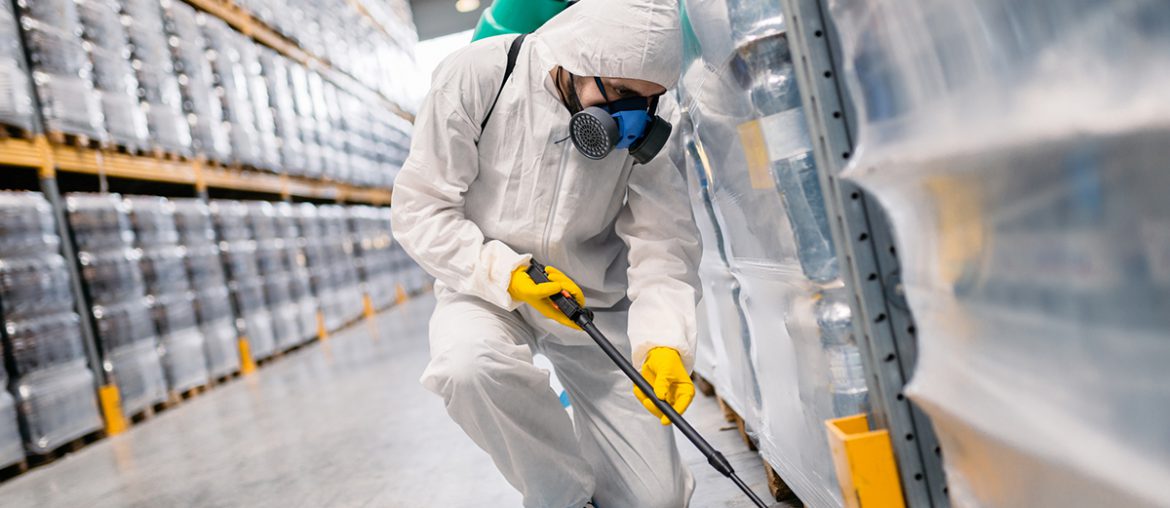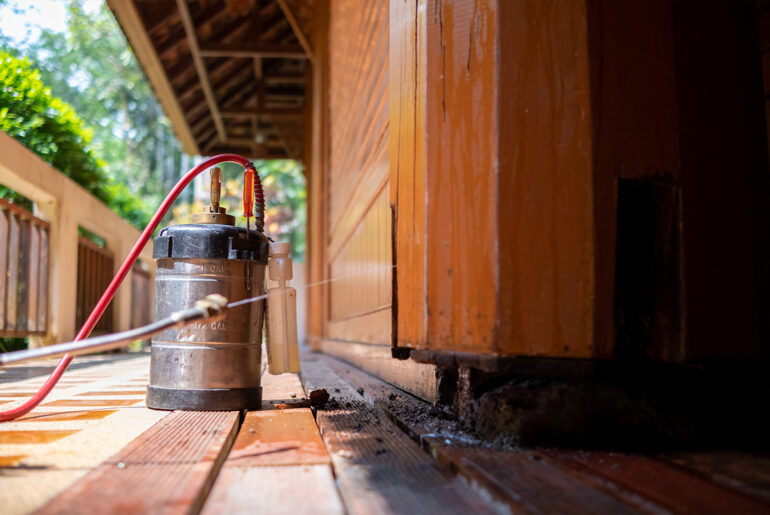Commercial pest control companies are sure to encounter their fair share of business challenges, which can differ greatly from those residential pest control companies typically face. When servicing commercial customers, whether it be an office building or an apartment complex, pest control companies can expect to experience more robust business processes and services, alongside an expectation of the highest-level service and auditing needs.
Below are a few of the challenges commercial pest control companies may face — and how these companies can look to overcome them.
The Need for a Seamless Auditing & Reporting Process
Commercial pest control companies have responsibilities that go far beyond managing and removing pests. These companies must be prepared to provide numerous reports and audits at a moment’s notice, while always ensuring they are complying with safety and sustainability regulations. To provide this level of service by making sure information is correct and easily accessible, pest control companies must ensure they are using a trusted information platform that allows for easy storage of information while also having on-demand access to an auditor-only informational view of their reports.
The right solution will enable PCOs to track and report on everything from finances to material usage, to the details of termite inspections. Additionally, a dashboard that makes it easy to view, analyze and understand business details can allow PCOs to make smarter business decisions and improve their operations moving forward.
Managing Multiple Locations and Units
The ability to effectively service each unit while being able to report on facilities as a whole is a crucial element for efficient back office operations. Commercial properties come with many different locations and facilities that pest control companies need to manage.
Being able to see activity and service history from multiple units is critical, as is ensuring that each unit is receiving the service that the customer expects. By increasing visibility into the business processes that need to be carried out for each unit, technicians can ensure that nothing is ever missed and that the appropriate signatures are collected along the way, whether that means a supervisor for the entire facility or separate signatures from individual buildings or units.
Increasing Visibility Across Locations
IoT-enabled smart traps allow a pest control professional to save time and money by eliminating the act of manually checking each trap across a location. Smart traps are equipped with sensors that provide an alert when it is exposed to activity. They also allow a pest control professional to confidently manage a commercial location knowing that he or she will receive an alert when a trap is triggered, allowing for immediate action— which is critical for locations like food warehouses or apartment buildings.
Without the need to dedicate hours or even days of a technician’s time to manually checking each individual trap during every visit, PCOs taking advantage of smart traps can make better use of their labor hours and allow techs to focus on more intensive tasks.
Communicating with Hundreds of Customers
When managing multiple sites, there must be very open lines of communication between the back office, technicians and customers. Each party must be able to access important service information and be able to communicate with ease. Automatic workload updates, device summaries and customer portals are all important tools that commercial pest control companies should have access to within their field service software of choice in order to be successful.
The features built into PestPac by WorkWave enable commercial pest control companies to service customers more efficiently and exceed their expectations, giving them a leg up on competitors. Learn more and schedule your demo today.




